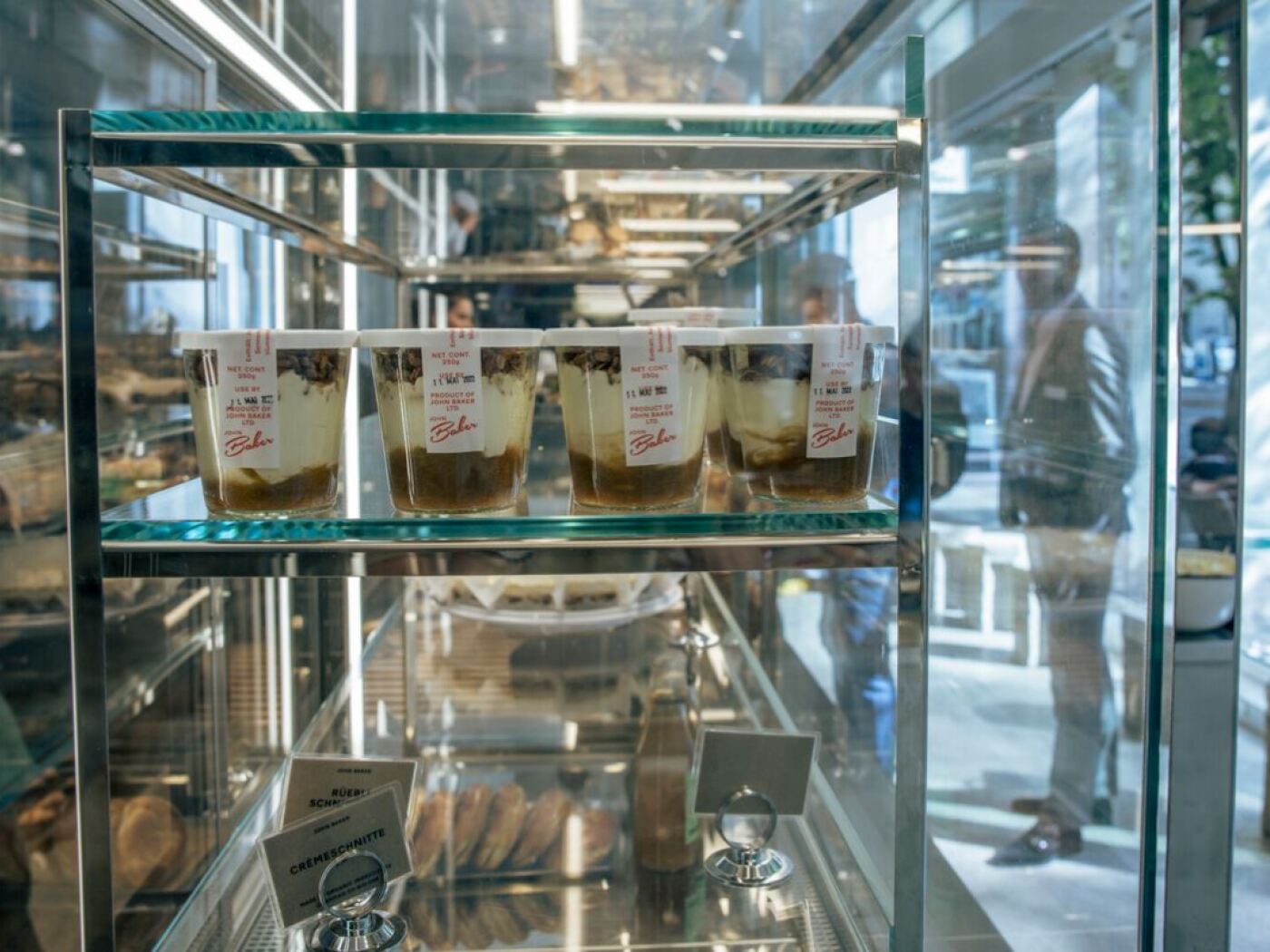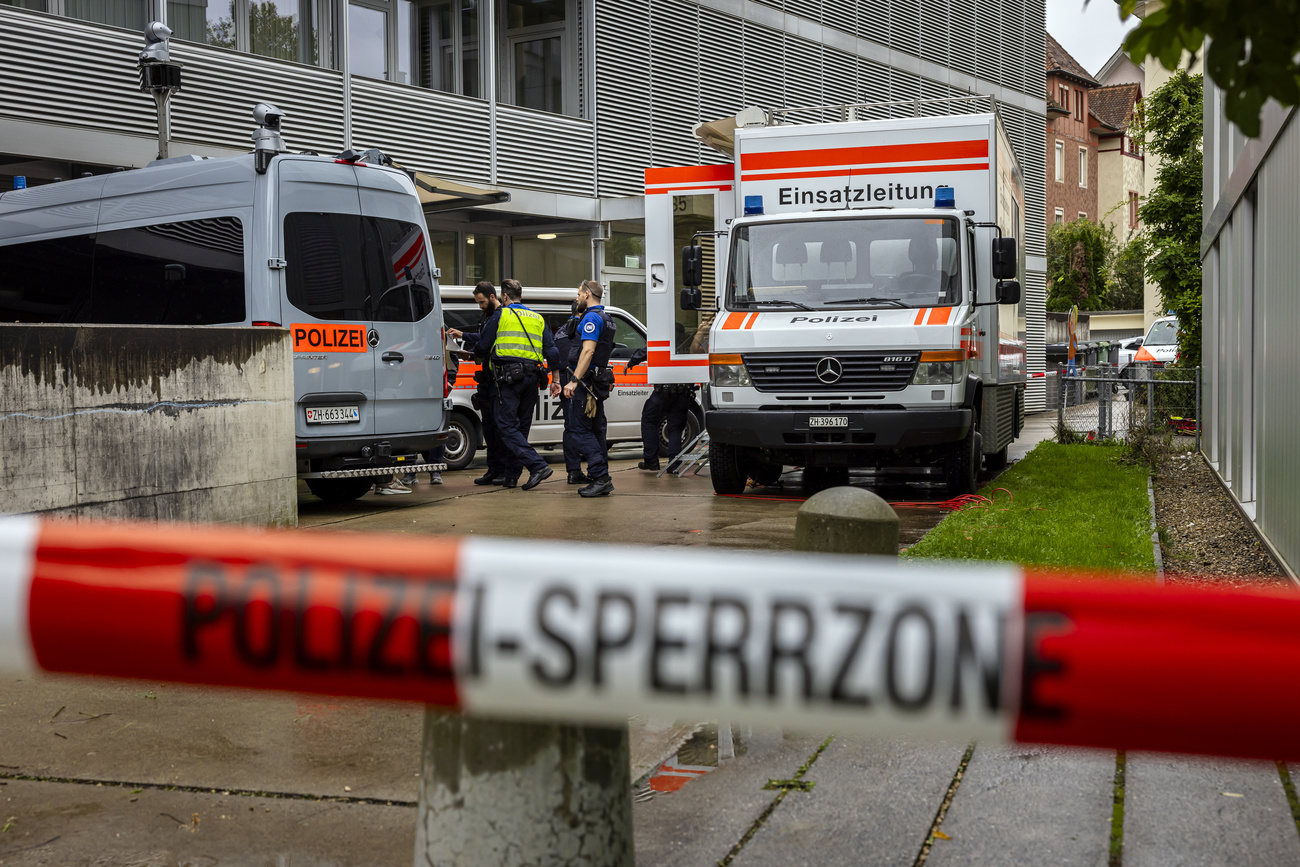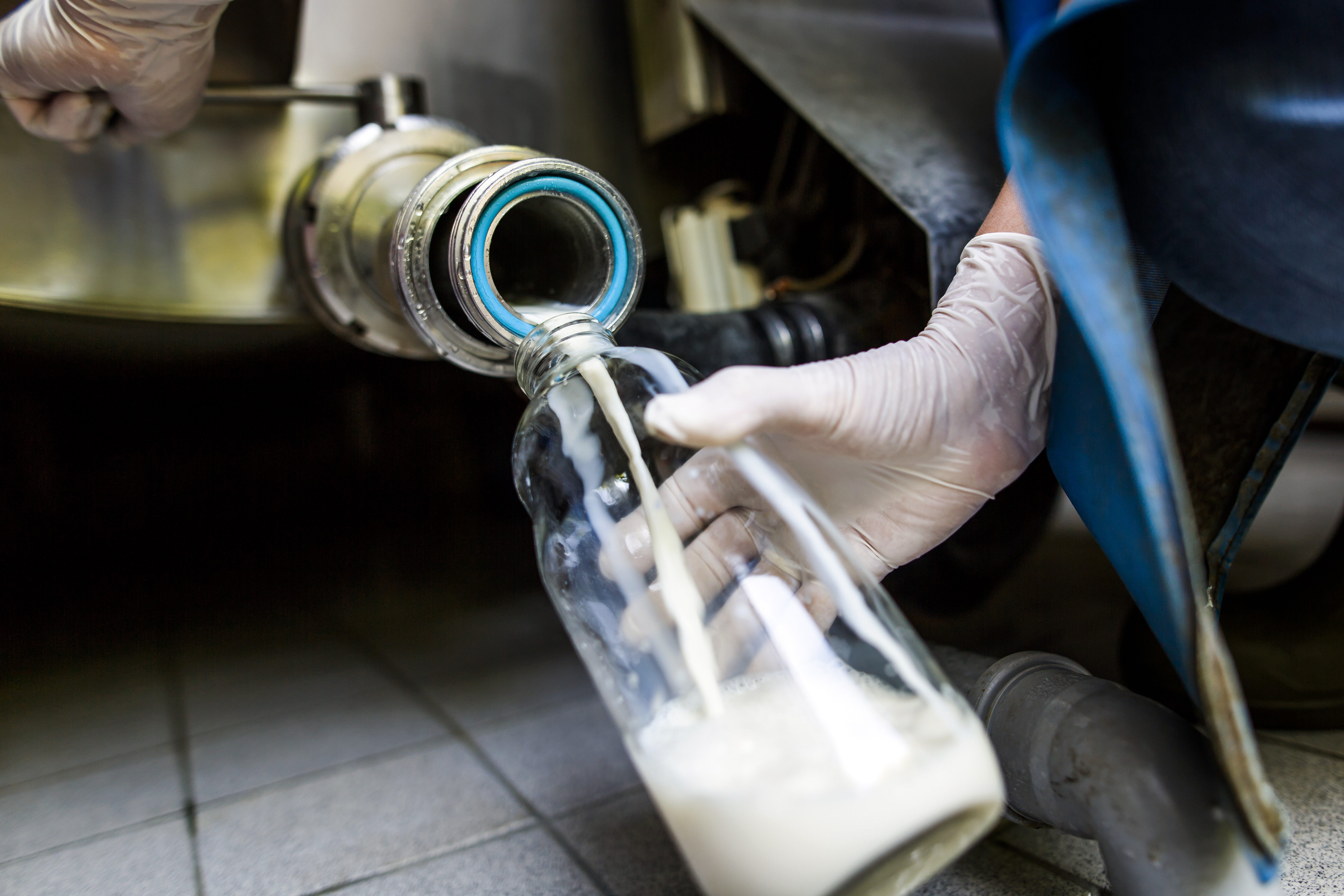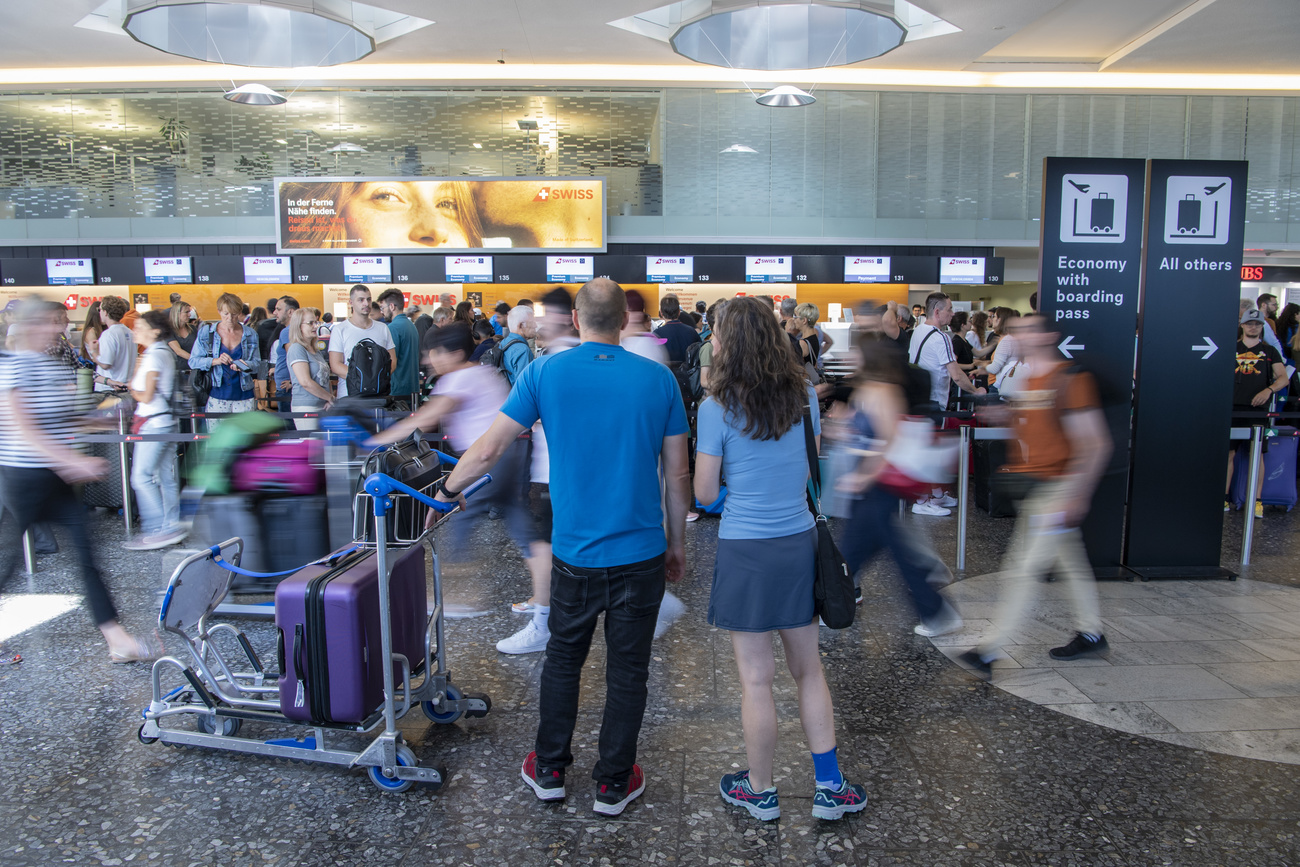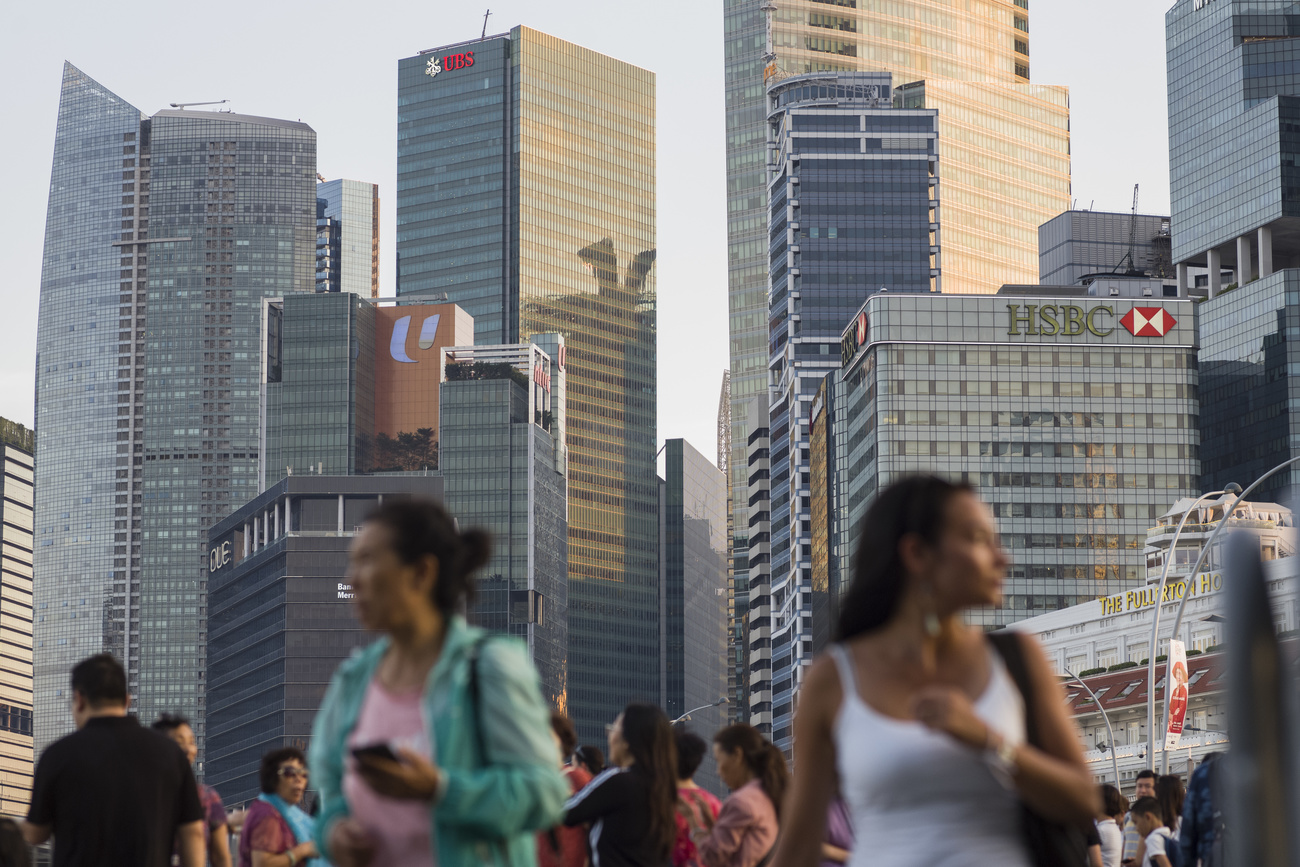Belarus rights activists ask why their prisoners were left out of swap

By Thomas Escritt
BERLIN (Reuters) – Belarus rights activists pressed Germany for answers on Friday as to why Belarusian political prisoners, including a prominent and popular opposition leader, had not been included in the biggest prisoner swap since the Cold War on Thursday.
Maria Kalesnikava, part of an alliance that inflicted the severest electoral blow to Belarusian strongman President Alexander Lukashenko in his three-decade rule, has been in jail since September 2020.
Activists, including her sister Tatsiana Khomich, are asking why German and U.S. efforts to trade a Russian state hitman for human rights activists did not extend to Kalesnikava and others in Belarusian jails.
“We communicated to the German government about the situation of political prisoners,” Khomich said. “She got many awards in Germany. This is the question: Why wasn’t she in the group that was released?”
The deal involved 24 prisoners – 16 moving from Russia to the West and eight sent back to Russia from the West.
Chancellor Olaf Scholz presented the decision to release hitman Vadim Krasikov as a difficult but necessary one, in return for which Germany was able to secure the release of prisoners of conscience and a German sitting on death row in Belarus.
“We were astonished to realise that not a single Belarusian prisoner was freed under this deal,” wrote Razam, a group of Belarusian activists in Germany.
“Maria Kalesnikova, Maxim Znak and many others are still in prison. And this even though the government clearly negotiated not just with the Kremlin but also with the Lukashenko regime.”
STRONG GERMAN TIES
Khomich said when she heard about a possible exchange where Germany was also involved she hoped Maria could feature.
Kalesnikava, a musician with deep ties to Germany thanks to teaching flute for many years at a music conservatoire in Stuttgart, was part of an alliance, led by Sviatlana Tikhanouskaya, that most independent observers believe defeated Lukashenko in 2020 elections.
Lukashenko, a former state farm boss, hung on to power by imprisoning thousands to crush months of street protests, with the help of his ally, Russian President Vladimir Putin.
Kalesnikava was one of the best-known faces of those street protests, famous for greeting fellow protesters by shaping her fingers into a heart as a sign of solidarity and hope.
Authorities attempted to deport her to Ukraine. Instead, she tore up her passport and threw it out of the window as their car drew up to the border.
She is now serving an 11-year sentence after being convicted of unspecified national security charges that rights groups and Western governments dismiss as politically motivated.
“The last letter from Maria was in 2022,” said Khomich, who now lives in the Lithuanian capital Vilnius. “Since, all communications, all visits by relatives have been stopped.”
She said she had been told her sister spends much of her time in solitary confinement, has had to undergo major surgery, and, although she is 1.75 meters tall (5ft 7 inches), she now weighs only 45 kg (99 pounds).
Berlin-based Ukrainian activist Nikolai Klimeniouk also asked why Ukrainian and Crimean Tartar activists had also been left out in a post on Facebook.
